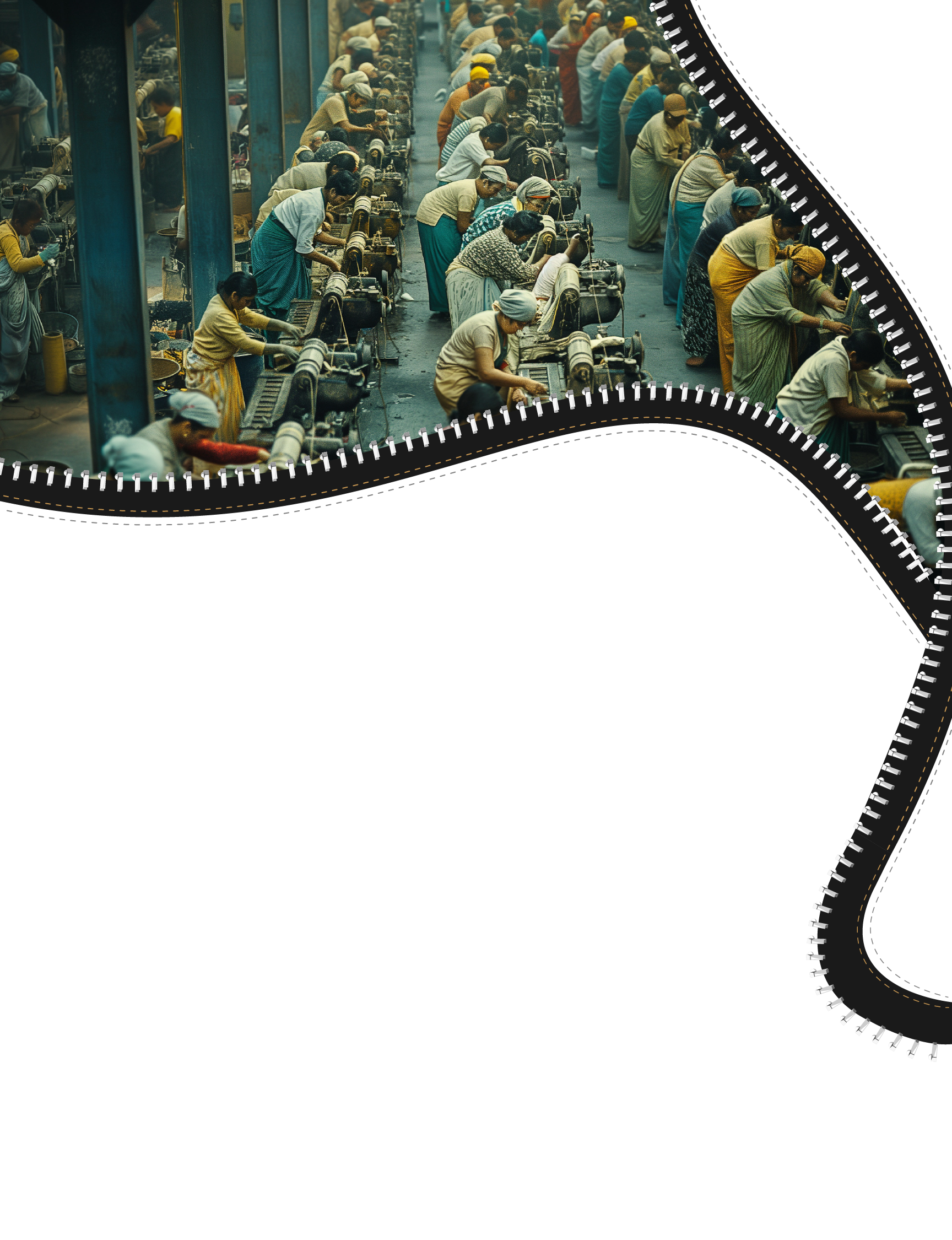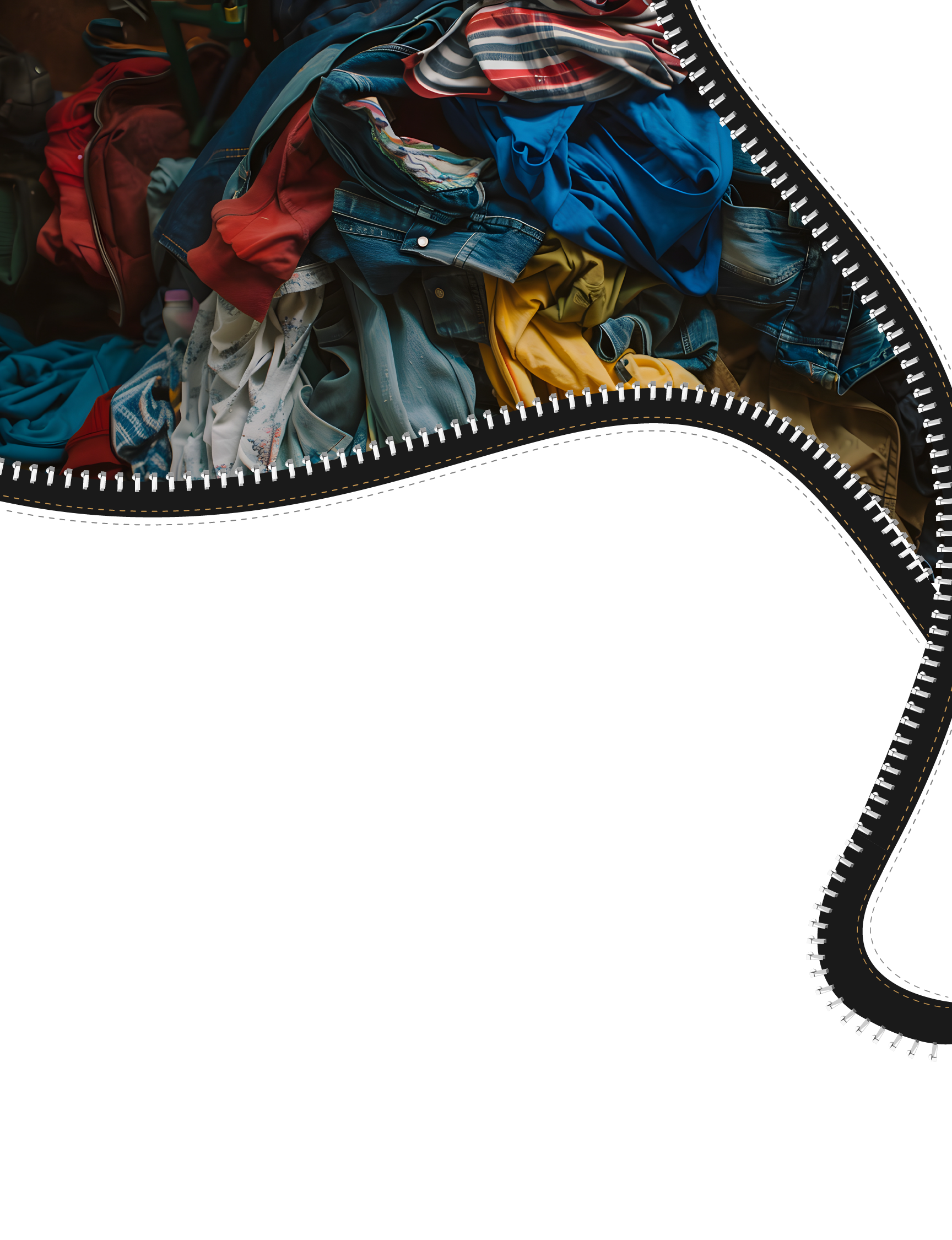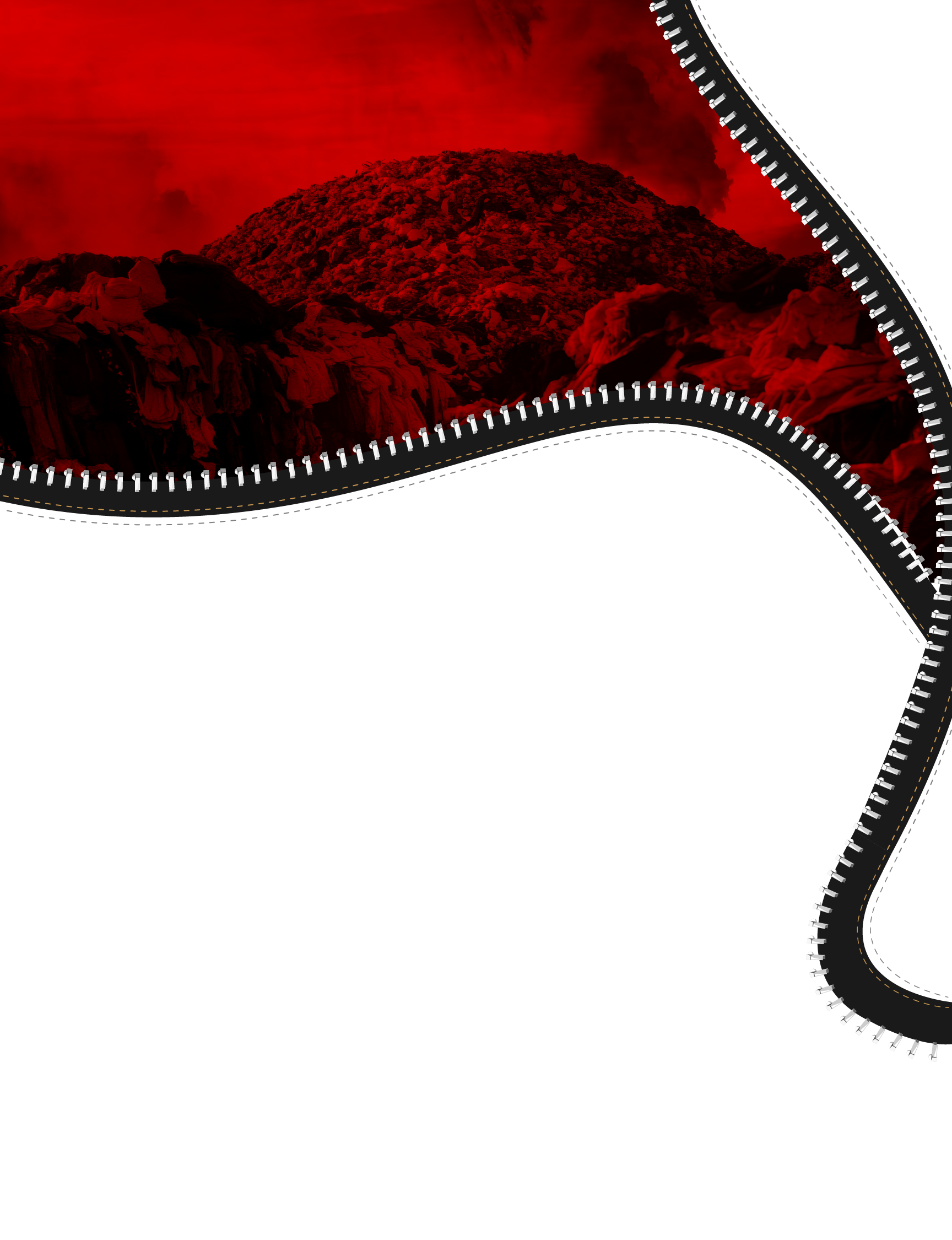







Fast fashion promises affordable prices and trendy styles, but beneath the glossy surface lies a web of exploitation, environmental destruction, and deceitful marketing. The industry thrives on perpetuating myths that make overconsumption feel normal and guilt-free, from claims of sustainability to the allure of fleeting trends. These lies not only mask the true cost of fast fashion but also feed into our desire for instant gratification. Despite being aware of its harmful impact, many of us still find ourselves buying into the cycle, unable to break away from the convenience and temptation it offers.
“Every piece of clothing you buy is a vote for the kind of world you want to live in.”
— Anne Lappe

Fast fashion brands like H&M and Zara initially existed to bring you trends from runway to rack at affordable prices, FAST. But with the rise of e-commerce, we have turbocharged what we mean by fast and cheap. Companies like SHEIN have outpaced them by orders of magnitude.
SEE HOW THEY'VE GROWN



92 million tons of clothing end up
in landfills each year.
In 2018, the United States witnessed
tons of textiles:
of the total municipal solid waste
recycled
A 2023 report from the Fashion Transparency Index found that:
only 1% disclosed the number of workers being paid a living wage.
“Everything we wear is put together by human hands”
Labor is supposed to be the most expensive part of making something.
When you get something and it is $5 the question should be: well who got shortchanged?


Fast fashion has mastered the art of exploiting our impulses, turning the joy of shopping into a relentless pursuit of the next 'big thing.' This industry thrives on the "see now, buy now" mentality, pushing us towards hasty purchases without a second thought. But what's the real cost of this impulsivity? It's the loss of mindful consumption—the ability to make purchases that are thoughtful, intentional, and truly reflective of our values and needs.
The path forward requires a collective shift towards more sustainable and ethical fashion choices. By supporting brands that prioritize longevity, craftsmanship, and responsible production practices, we can begin to mitigate the adverse impacts of fast fashion. Brands that offer made-to-measure services, embody the antithesis of fast fashion by ensuring quality, reducing waste, and fostering a more personal connection to our clothing, ultimately leading us towards a more sustainable and conscious approach to fashion.